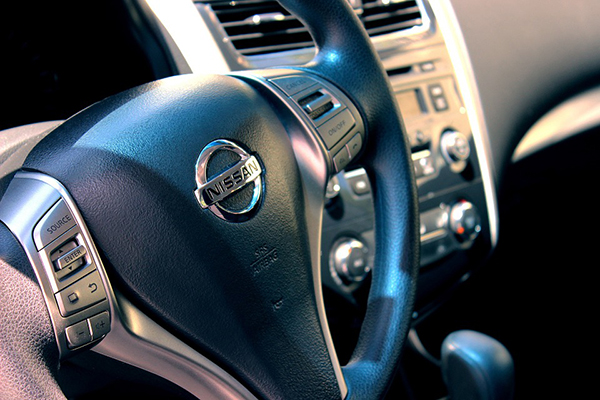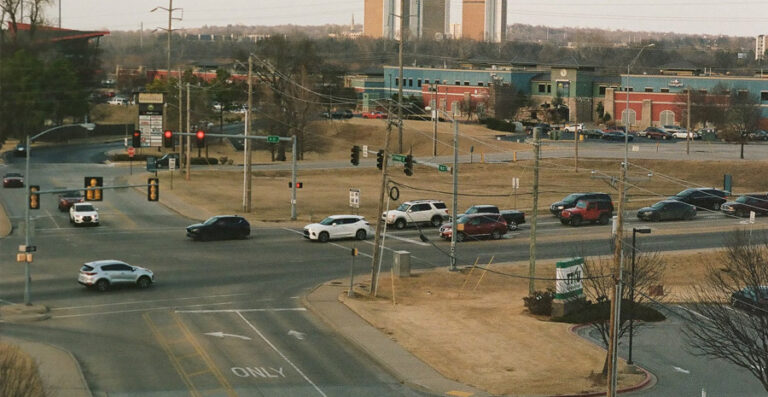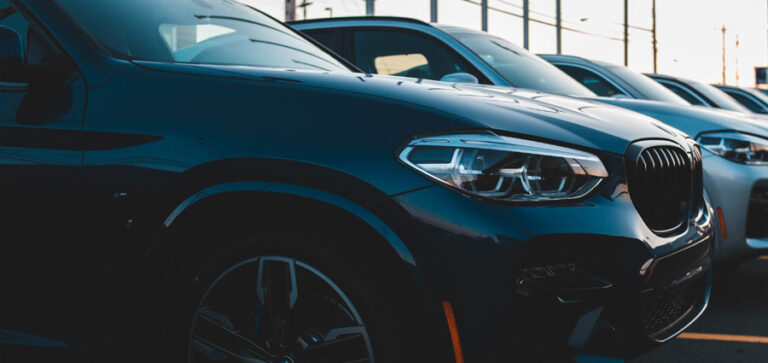Unless you live in an area flush with public transportation, chances are you will likely need to acquire a vehicle of your own multiple times throughout your life. Figuring out what car is the best-fit is never easy, as one must evaluate their financial situation, lifestyle, and well-being to ensure that the automobile will suit them for years to come. When the time comes to make a decision, the first thing you will be asking yourself is, “Should I purchase that nice new car, or lease it?” While the answer to this question may seem simple, in actuality it is a complex one for many individuals each year.
It is important to keep in mind that both leasing and purchasing a car each have their pros and cons. The most obvious of which is the fact that you will never own the car when under a lease agreement, while purchasing a car allows you to retain the asset once the loan has been paid off. However, this benefit of buying a car is slightly offset by the fact that cars are depreciating assets, which can significantly reduce the amount you would receive if you decide to sell the vehicle. According to Edmunds, a vehicle will depreciate approximately 9% the minute after purchase, increasing to 42% after 3 years and 60% after 5 years. In contrast, lease agreements are structured so that you are paying solely for the depreciation that occurs during the timeframe of the lease, which is typically 36 months. Because of this, lease agreements generally have lower monthly payments than when purchasing a car.
Buying a vehicle usually results in higher monthly payments due to the fact that you are paying towards the total value of the vehicle, net of any down payment provided. Yet, there is another key factor to be considered before making a decision: how much you will drive. The number of miles you will be driving is the primary reason for maintenance costs, which can increase exponentially for individuals who do a significant amount of driving. Additionally, lease agreements typically limit the number of miles you may drive to 12,000-15,000 per year, which may not be enough for every driver. Although it is possible to pay for more miles, it is generally recommended that if you will be driving more than 20,000 miles per year, it will make financial sense for you to purchase a car rather than pay the potentially high costs of exceeding the mileage limit of the lease agreement.
Alternatively, if you drive less than 10,000 miles per year, it is advisable to purchase a vehicle and hold on to it for a while. There are two primary reasons for this recommendation. First, the mileage limit on your lease agreement will likely exceed the number of miles you drive in a year to a degree that results in the lease making less financial sense. Secondly, your minimal driving compared to the average driver will likely mean that your maintenance costs will be low enough to outweigh the benefit of being under a warranty for the entirety of a lease period. However, if you fall between the range of 10,000-20,000 miles driven per year, leasing may be a good option for you. Leasing will give you the opportunity to drive a new car with all of the latest technology every 3-4 years, which is a benefit to consider. Also, you will likely be under the factory warranty during your lease period, which covers many of the costs you would incur when owning a vehicle. On the other hand, those who are willing to hold on to a car for six or more years may be able to save money in the long-run compared to leasing multiple times.
In summation, the decision of whether or not you should purchase or lease your next vehicle is more than simply comparing monthly payment costs. Taking time to plan out how your lifestyle will dictate your driving needs in the future, along with the consideration of your financial situation, will allow you come to a sound conclusion.


